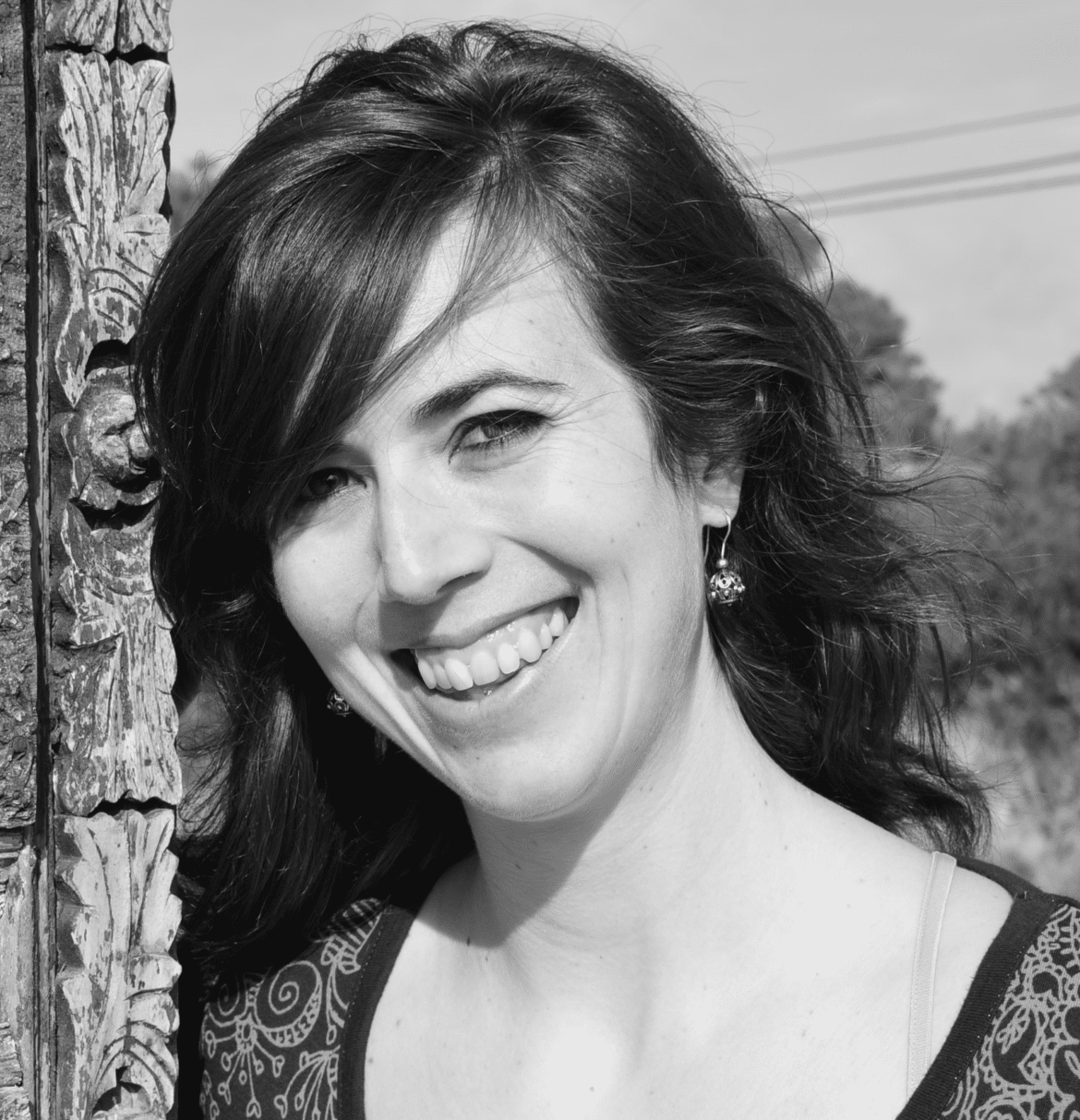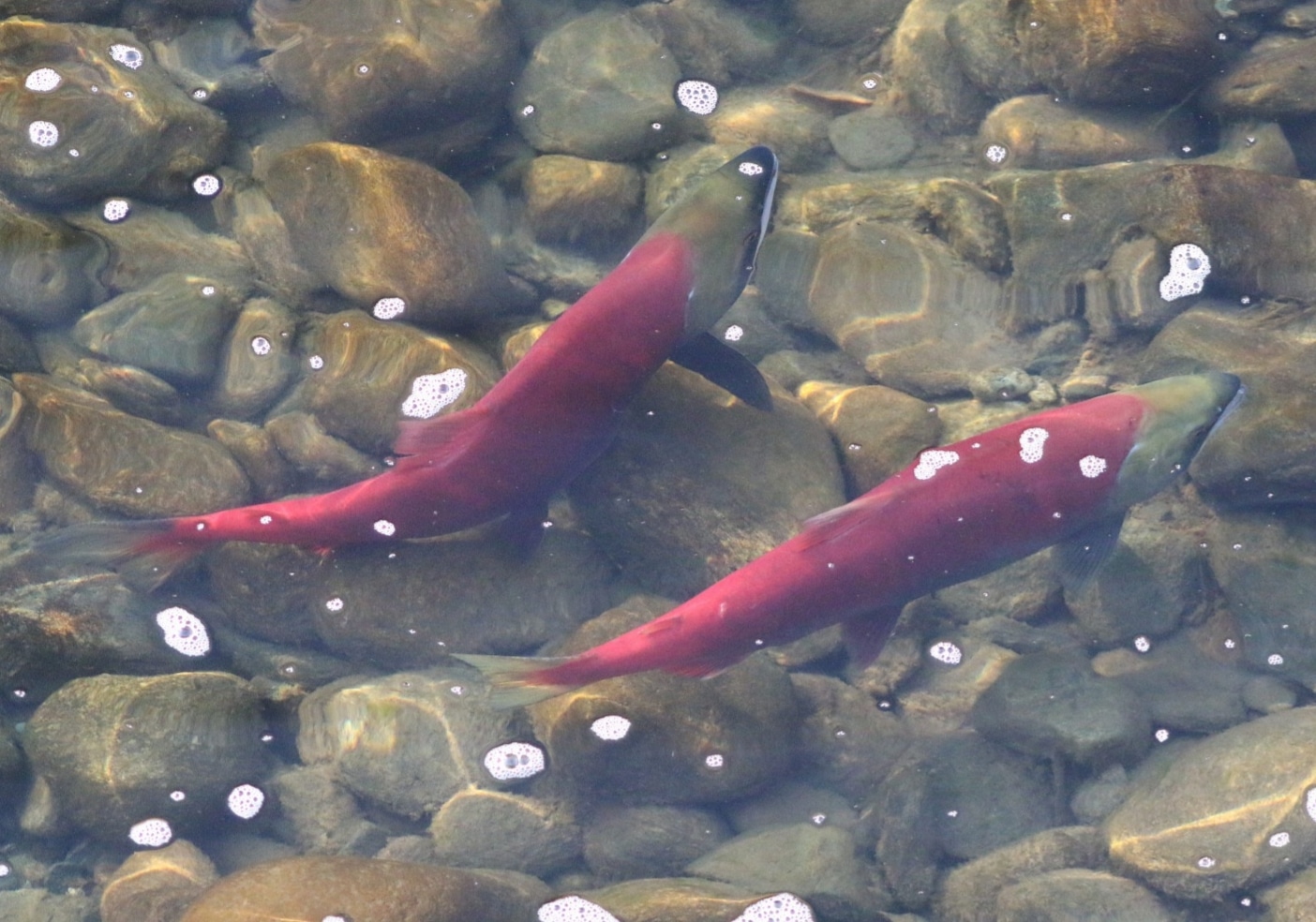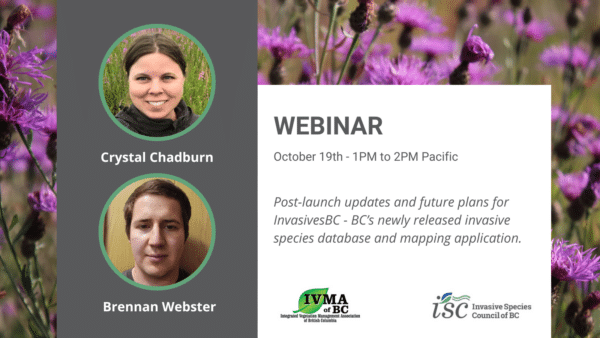Apr 9, 2024 01:00 PM
ISCBC hosts a presentation by Provincial Aquatic Invasive Fauna Specialist Amalis Riera Vuibert and Head of the Lakes Research Program with Fisheries and Oceans Canada, Dr. Daniel Selbie, as they explore the current environment of aquatic invasive species in British Columbia and complex interactions with Pacific salmon. This webinar is made possible by the Pacific Salmon Foundation, which is dedicated to the conservation and restoration of wild Pacific salmon and their habitats in B.C. and the Yukon.
Presentation Title: Aquatic Invasive Fauna Overview for BC
Amalis is a Biologist from Spain who came to Victoria to do an MSc in killer whale acoustics at UVic. Her thesis work led to the expansion of the Endangered Southern Residents critical habitat to include Swiftsure Bank. She worked with DFO for a few years studying cetacean movements and occurrence around Vancouver Island, and then returned to UVic to study fish sounds. She described for the first time the sounds of Arctic cod, sablefish, and walleye pollock and with her team created the FishSounds.net website. Her latest work revolved around the Arctic marine ecosystem, and included the acoustic detection of marine mammals and Arctic gadids. She joined the BC Ministry of Water, Land and Resource Stewardship in 2023 as an Aquatic Invasive Fauna Specialist.


Presentation Title: A Wicked Management Problem – The cumulative effects of eutrophication, exotic species invasions, & climate change imperil multiple species at risk & their critical habitat, Cultus Lake, BC
Dr. Selbie leads DFO’s Lakes Research Program in the Science Branch of Fisheries and Oceans Canada. His monitoring and research characterizes the freshwater ecology of Pacific salmon (Oncorhynchus spp.), and the productive capacities of their freshwater rearing habitats in Canada, with a principal focus on lakes, Sockeye Salmon (O. nerka), and species at risk. Dr. Selbie’s broader research integrates aquatic, watershed, fisheries, environmental, and climatic sciences, across numerous temporal and spatial scales, to address natural and anthropogenic drivers of change in aquatic systems affecting Canadian values.
Dr. Selbie and his team led the Recovery Potential Assessment of the endangered Cultus Lake Sockeye Salmon, currently before the Minister for listing consideration under Canada’s Species at Risk Act. DFO monitoring and partnered research investments in Cultus Lake have made the system an important bellwether of environmental change in the Lower Mainland, particularly with respect to the interactions of atmospheric nutrient pollution and climate change on watersheds. Over 15 years, his work, and that of his DFO team, his students, the Cultus Lake Aquatic Stewardship Society (CLASS), and the Fraser Basin Council, has led to the understanding that the water quality, species at risk, social valuation, and large economic impact of Cultus Lake, BC are in jeopardy, due to excess nutrient loads driving cultural eutrophication, a phenomenon dramatically shaped by atmospheric loading, and exacerbated by climate change, but theoretically resolvable through focused collective ownership and action. Species invasions of Eurasian watermilfoil (1970’s), and Smallmouth Bass (ca. 2015), serve to greatly amplify ecological problems for species at risk in Cultus Lake, through induction of a novel and unprecedented predation regime. Dr. Selbie’s contributions today are intended to draw attention to a complex multi-jurisdictional problem, involving multiple stressors and cumulative impacts, the resolution of which requires equally intricate trans-disciplinary and inter-governmental solutions.
Share





